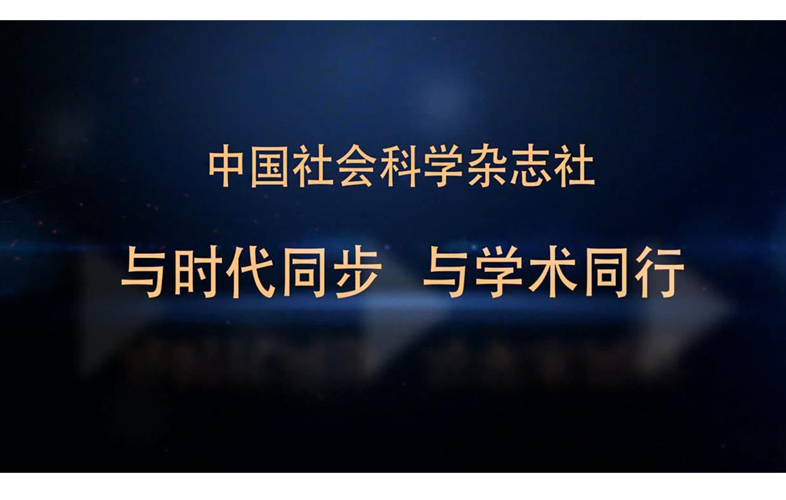Tian Ye
School of International Studies, Renmin University of China
Abstract:Geopolitics, technology and international institutions are three major areas of great power competition. In the analysis of great power relations,both the balance of power theory and the hegemony theory rely on the assumption of diminishing returns and ignore the possibility of increasing returns.Increasing returns play an extensive role in geographical location, technological evolution and institutional change;accordingly, the increasing returns mechanism in great power relations is reflected in the geopolitical competition, technological competition and international institutional competition of great powers.The rational expectation that initial advantages will be transformed into long-term advantages through the mechanism of increasing returns drives great powers into competition whether they are rivals or allies. As specific mechanisms leading to increasing returns, coordination effects operate in geopolitical competition, technological competition and international institution competition;learning effects are found in technological competition and international institution competition; and adaptive expectations play a part in international institution competition.Various cases, ranging from the Anglo-Dutch rivalry over maritime hegemony in the 17th century to the current US-European competition over international investment arbitration regimes, show that great power competition derives from the logic of increasing returns.
Keywords:increasing returns, geopolitical competition, technological competition, international institution competition



